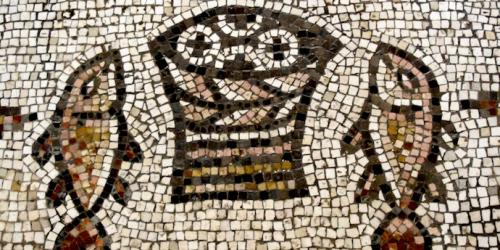Our True Identity is Not Found in Our Sin
"The Blessedness of Adam in his creation ... makes plain what humankind's identity as creatures ought to be. The fundamental identity of every man, woman and child is that of a divine image bearer. That is what human beings were created to be. What that means for us today is that our identity is not found in our sin. Often the most difficult part of turning away from a particular sin that has infiltrated your life is the feeling that, in rejecting that sin, you are rejecting part of who you are.











